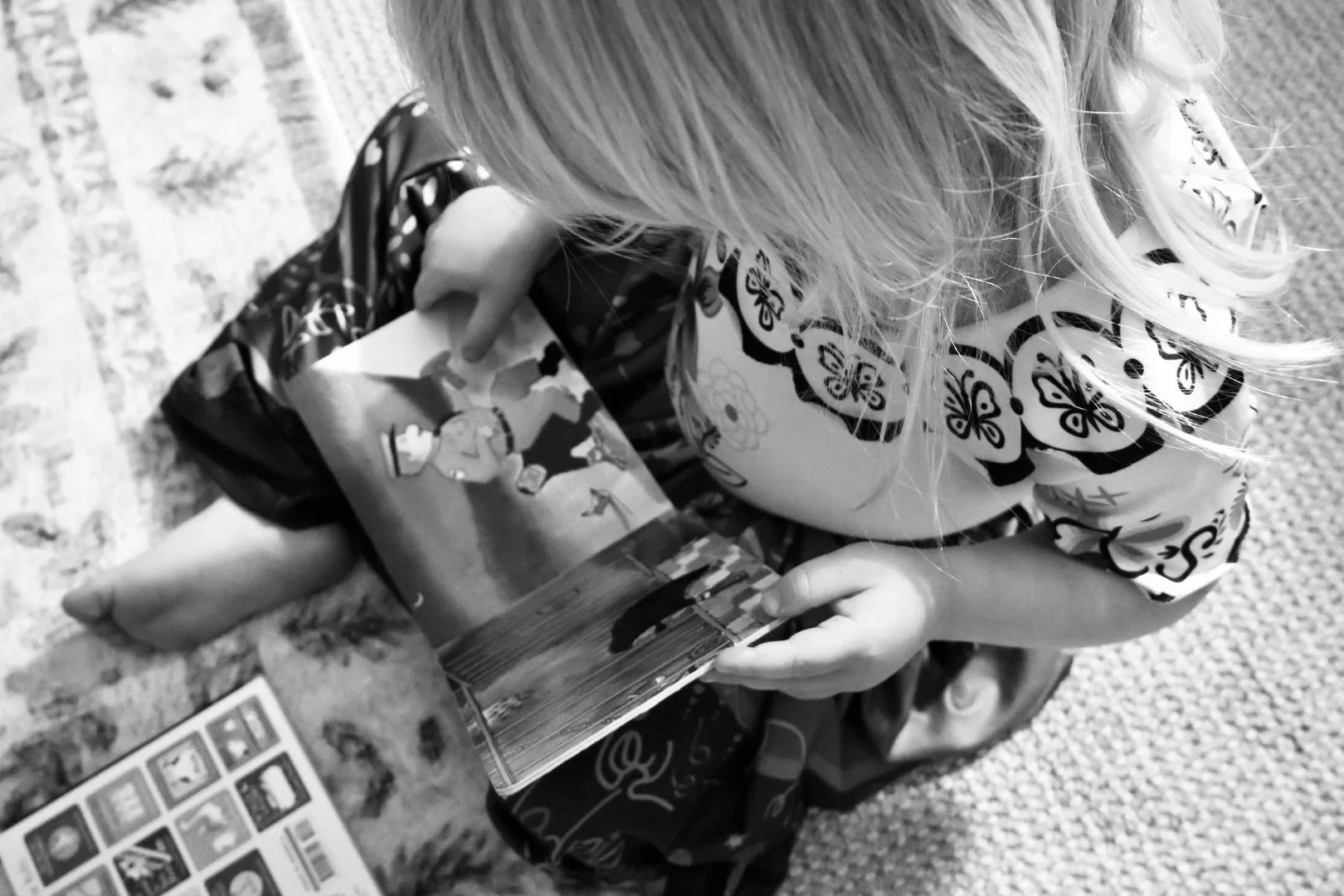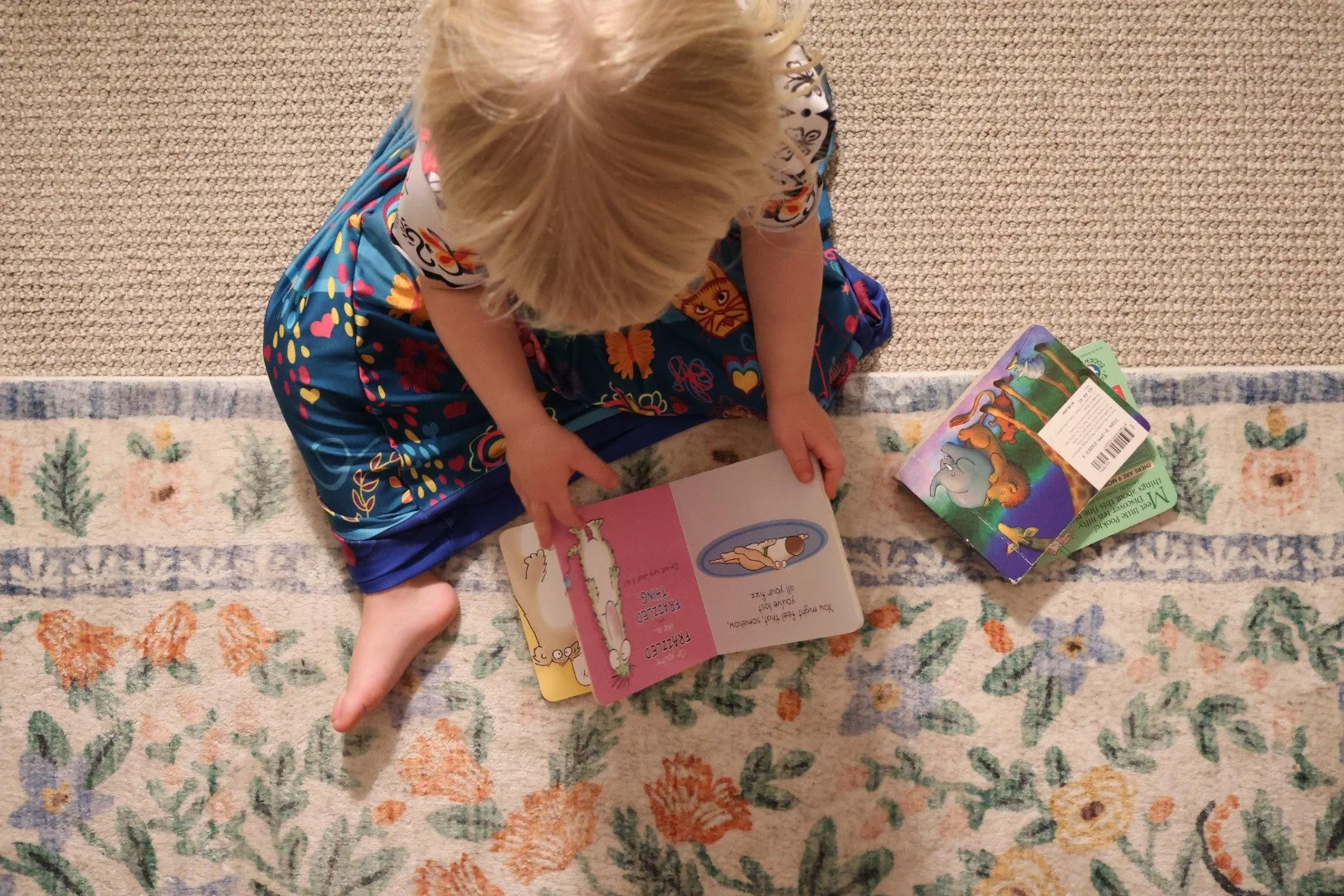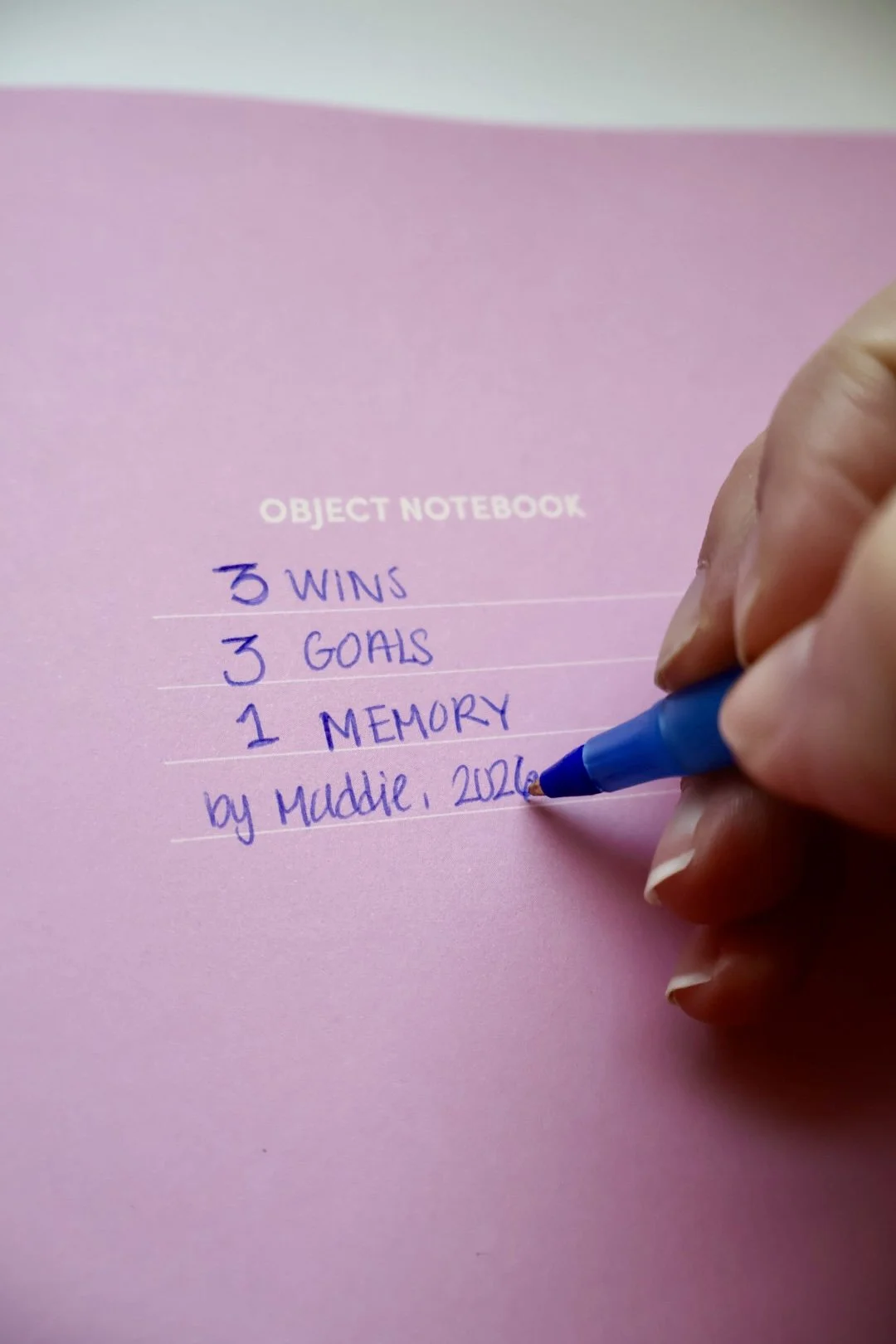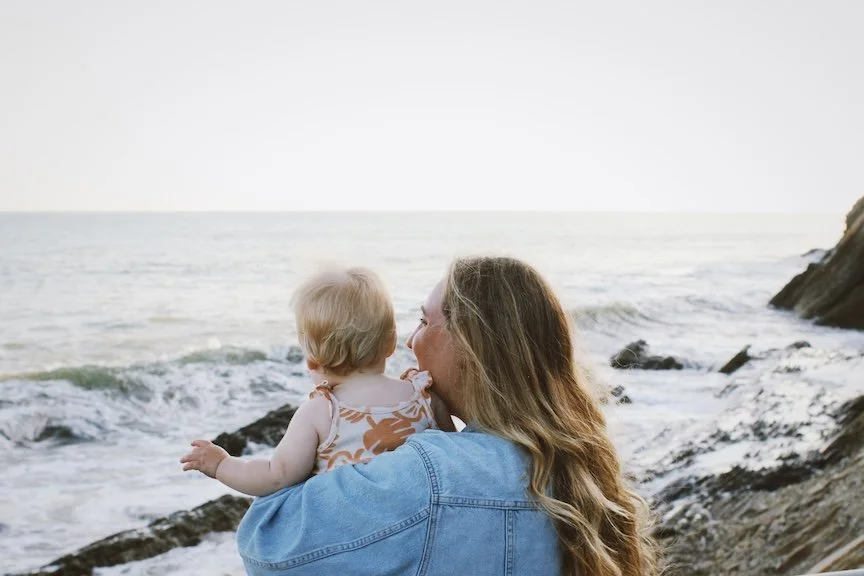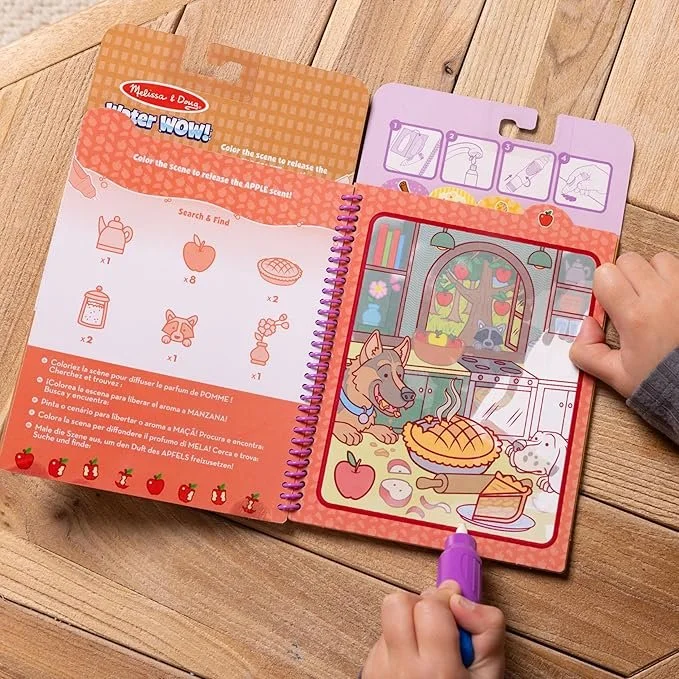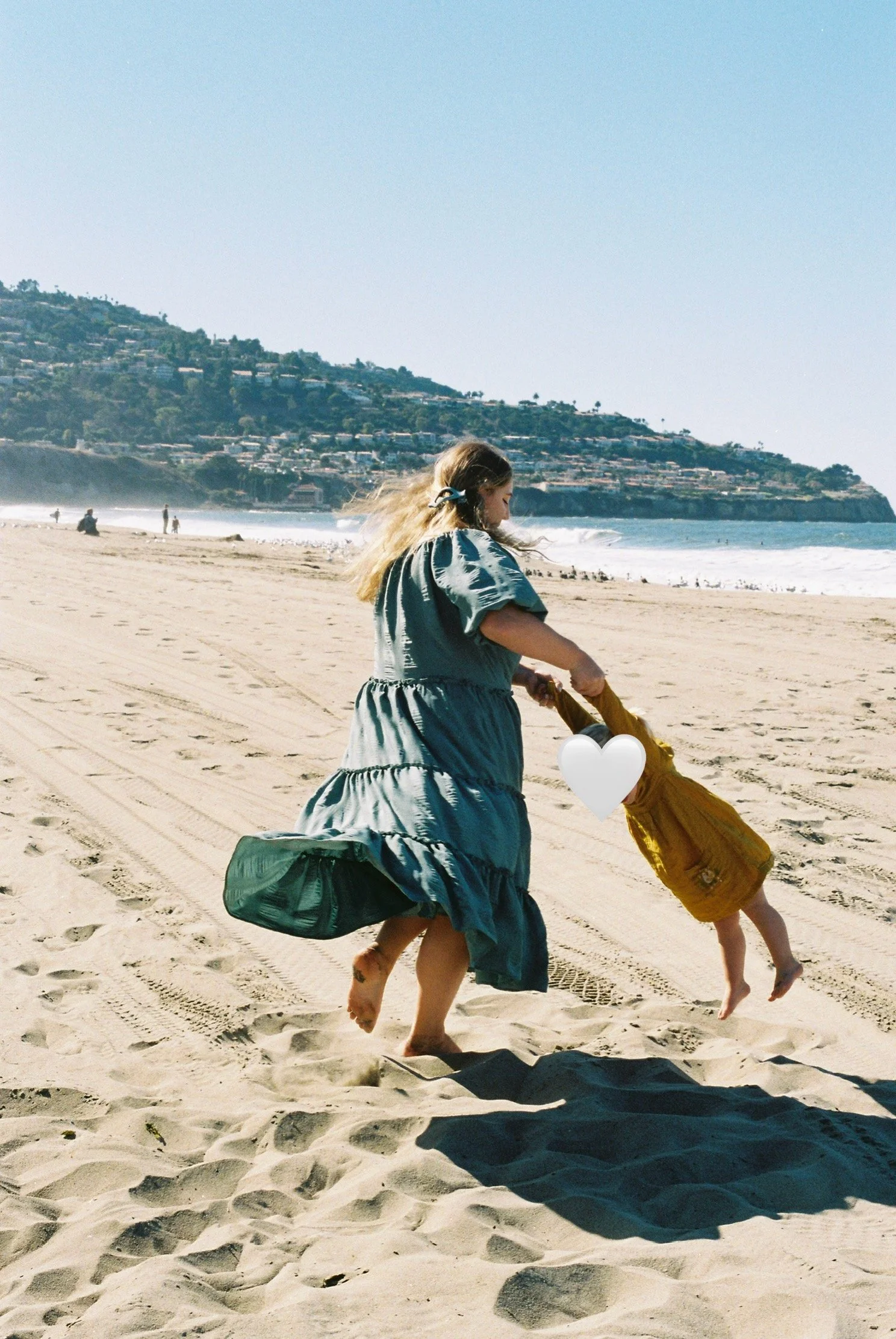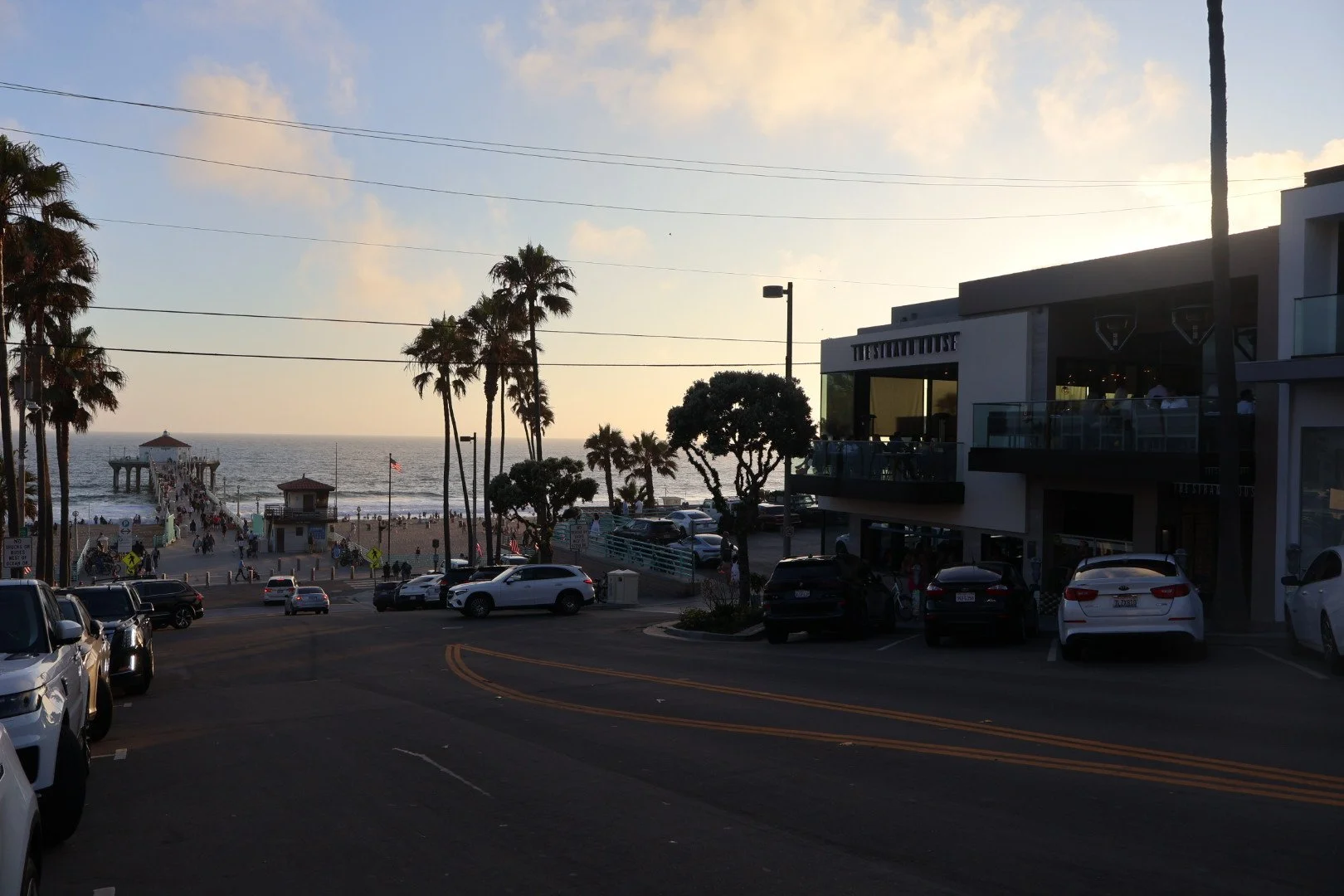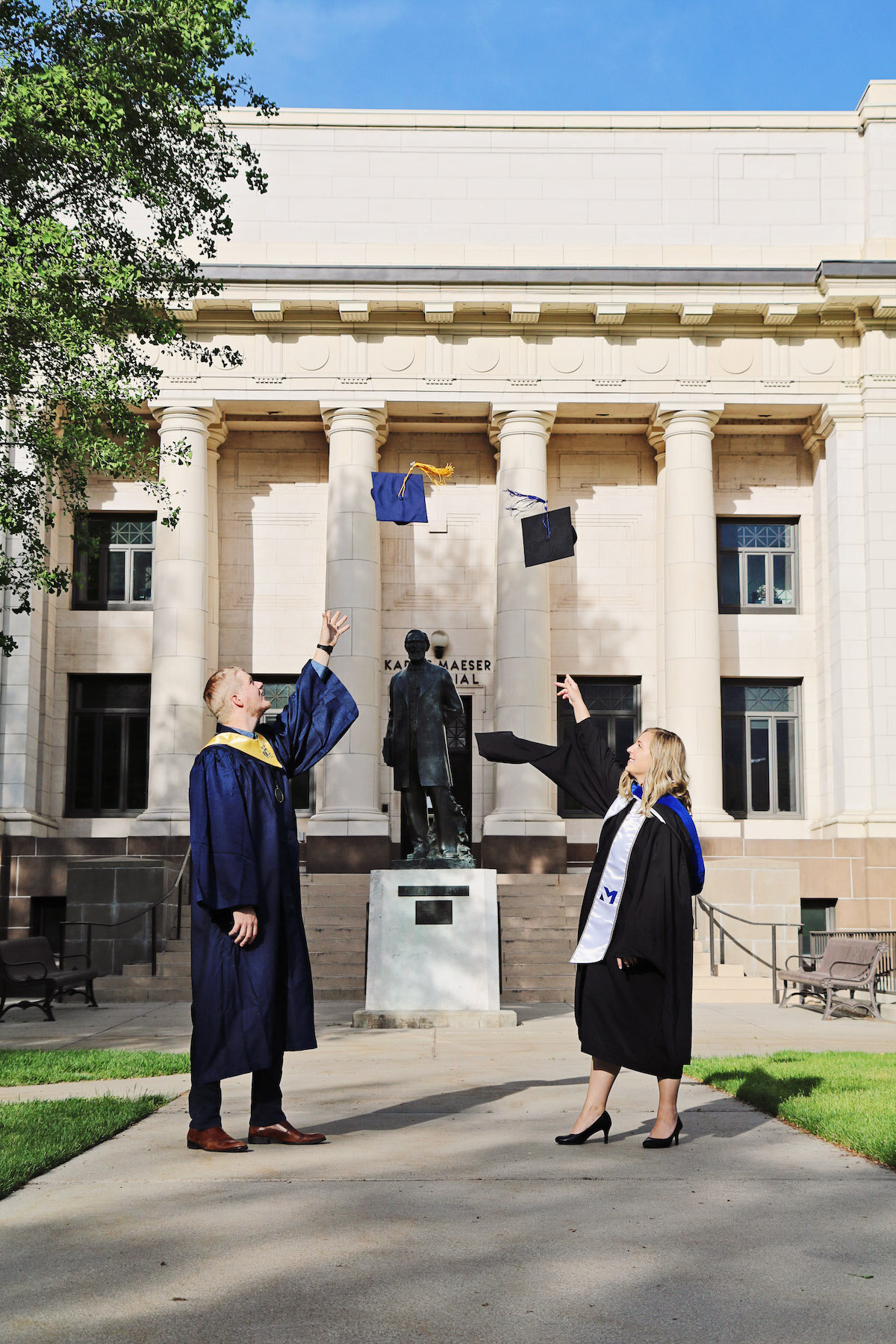Thanksgiving in all things
*this is a talk I gave in church, adapted for this blog – often, it seems we are given speaking topics more for ourselves than the congregation. I appreciated researching this topic and learning and being reminded of important lessons on gratitude*
When I lived in Tennessee, I visited Cumberland Caverns. On the tour, I learned that it’s the second-longest cave in Tennessee, with 30 miles of caves and underground passageways. One room of the cavern is so big that it can host concerts with hundreds of guests, like the PBS series “Bluegrass Underground.” However, the most fascinating part of the tour to me was when I learned about Aaron Higgenbotham, who first discovered a section of the caverns in 1810. Legend has it that as Higgenbotham was surveying a tract of land, he went into the cave and discovered that it went further than he thought. At one point, his lantern went out, and he was in complete darkness for 3 days until some of his friends finally found him. There aren’t many places on earth where you can be trapped in 100% complete darkness. And he was. Because of that, his hair turned completely white as well as his skin, he lost most of his eyesight, and he began to lose his mind. He thought that his friends that came to rescue him were actually demons dragging him down to hell, so he fought them off. Even after they took him out of the caverns, he was never quite the same, and his brown hair never came back.
So...the lesson here? Don't get stuck in a cavern without a light!
…and also, isolation and darkness can have an encompassing negative effect on our lives.
In a more intentional and purposeful study (I can’t imagine that researchers could ethically recreate Higgnebotham’s experience) in November 2018, a participant agreed to isolate himself, in darkness, for 30 days. He was kept in a small, completely dark room with nothing but a bed, fridge, and bathroom. Even with all the resources he needed to survive, he couldn’t last the month. He reported a range of side effects, such as changes to his sleep cycle and hallucinations as early as 3 days into the study.
While darkness can have a psychologically negative effect, light, in contrast, can have a psychologically positive effect. We need light to survive; I’ve realized that more than just physical light in our lives is needed, but especially the light that comes through faith, hope, charity, and perhaps above all – gratitude.
Cicero is quoted as saying, “Gratitude is not only the greatest of virtues, but the parent of all others.”
That may well be the case.
According to an article by Harvard Health Publishing, “gratitude is a thankful appreciation for what an individual receives, whether tangible or intangible. With gratitude, people acknowledge the goodness in their lives. In the process, people usually recognize that the source of that goodness lies at least partially outside themselves. As a result, being grateful also helps people connect to something larger than themselves as individuals — whether to other people, nature, or a higher power.”
This connection, belief or trust, to something larger than ourselves is faith. To continuously practice gratitude is an act of faith — it may start small, but over time, your faith and trust in your experiences and what you have grows. As well as your hope for things to come.
This also isn’t just some feel-good story. There is further research on the effects of gratitude.
In a study where one group of three focused on writing about things they were grateful for during the week, researchers found that after 10 weeks, “those who wrote about gratitude were more optimistic and felt better about their lives. Surprisingly, they also exercised more and had fewer visits to physicians than those who focused on sources of aggravation.” (Source: Harvard Health Publishing)
Additionally, the practice of gratitude can change the way you think. According to Psychology Today:
“Studies show that specific areas of the brain are involved in experiencing and expressing gratitude. Brain scans of people assigned a task that stimulates expression of gratitude show lasting changes in the prefrontal cortex that heighten sensitivity to future experiences of gratitude.”
Church leaders and gratitude-related articles give some guidance or examples on what a consistent practice could be, including:
Keeping a gratitude journal — noting the little things that make your life joyful each day
Writing thank-you notes to others
Prayer or meditation with a spirit of gratitude
Saying what you’re grateful for out loud with your family, loved ones
Personally, I’ve found that I’ve had to intentionally do this in my life. I’ve written about moving to Utah, the hardship of that, and how that eventually become @sundayglow2018 — in its own way, a daily gratitude journal and a literal light to start each day with.
Moving to LA is something I’m still trying to adapt to in many ways, and each day that I do set aside for the morning ritual I developed during the pandemic — scripture study with a prayer of gratitude each morning — is a significantly better day.
Because of these “gratitude experiments,” I’ve developed, at the very least, an understanding that this practice and reframing my situations into a more grateful outlook, does work over time and is deeply connected to my own feelings of hope, faith, and love.
By focusing on what you’re grateful for — which could be tangible things, but could also be intangible such as your intelligence, your health, your kindness, your support system, etc., you can cultivate an attitude of gratitude. You practice seeing things in a more positive, more hopeful way, even when things are difficult or not going well. This is not to say that you don’t recognize things are going badly, but you can lean into the hope instead of being swallowed in despair.
One of my favorite talks is Elder Dieter F. Uchtdorf’s “Grateful in Any Circumstance.” I considered copying and pasting the talk in its entirety here, but I’ll let you read it on your own. In part, he expands on gratitude and how to go even beyond being grateful for what you have — “counting your blessings” — but rather that you can be grateful even when things aren’t quite working out. He says:
“Could I suggest that we see gratitude as a disposition, a way of life that stands independent of our current situation? In other words, I’m suggesting that instead of being thankful for things, we focus on being thankful in our circumstances—whatever they may be.
…
We sometimes think that being grateful is what we do after our problems are solved, but how terribly shortsighted that is. How much of life do we miss by waiting to see the rainbow before thanking God that there is rain?
Being grateful in our circumstances is an act of faith in God. It requires that we trust God and hope for things we may not see but which are true.8 By being grateful, we follow the example of our beloved Savior, who said, “Not my will, but thine, be done.”9
True gratitude is an expression of hope and testimony.”
Through gratitude, even in our own cave of darkness, it’s possible to find even the smallest piece of light. We can live in Thanksgiving daily, despite our circumstances. We can “choose to be grateful, no matter what.”
I hope you have a truly Happy Thanksgiving (today, and every day)!
*While practicing gratitude has been shown to alleviate symptoms of anxiety and depression, it is not necessarily a cure, especially for clinical depression and anxiety. Please make sure to reach out and get help.
**For further research on gratitude, you can read this white paper from the Greater Good Science Center.







